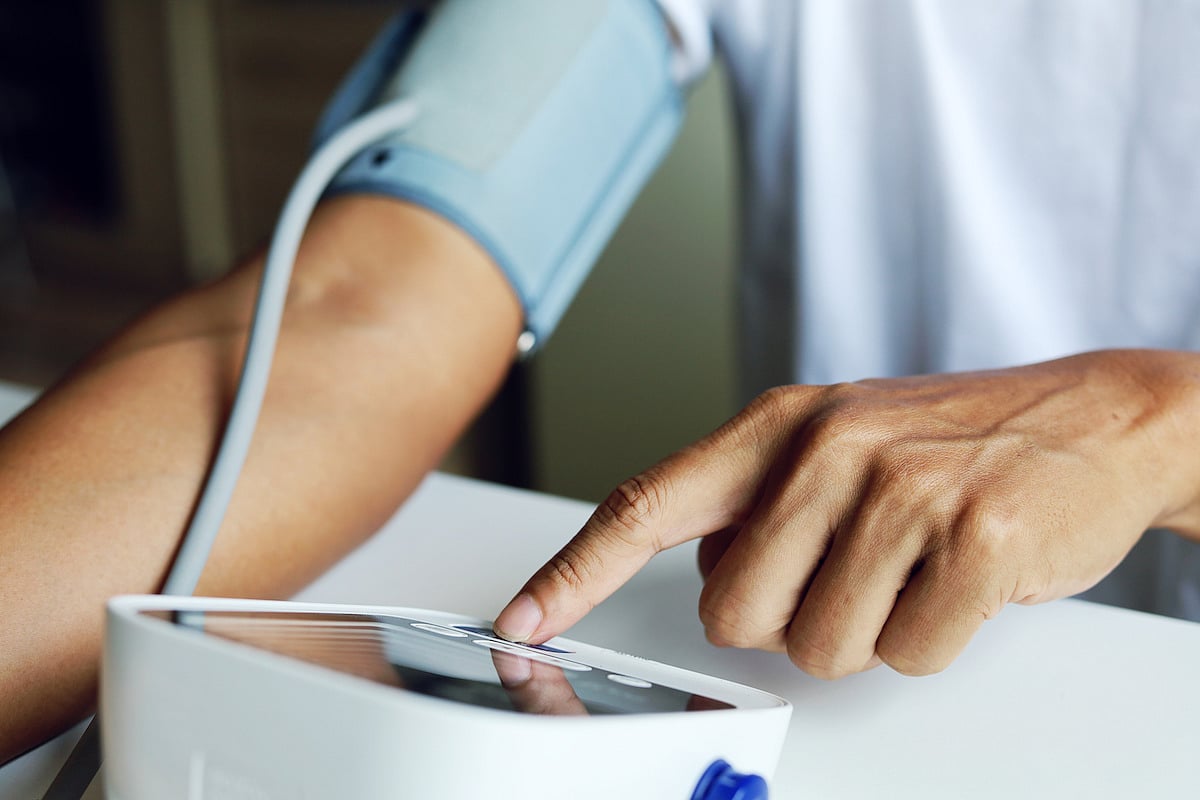Get Healthy!

- Posted November 12, 2025
Cash Bribes Don't Help Lower High Blood Pressure, Study Finds
Bribing folks with tickets to a cash lottery got them to take their blood pressure medicines more reliably, but did nothing to improve their health, a new study says.
Study participants were twice as likely to take their blood pressure medication when they could win a daily cash reward through a lottery, researchers reported Nov. 9 in the Journal of the American College of Cardiology.
However, they didn’t achieve better blood pressure measurements compared to folks not offered these cash rewards, researchers found.
What’s more, they quit taking their blood pressure medication as prescribed when the rewards program ended after six months, results showed.
“Financial incentives clearly worked to change behavior during the study period because people in the rewards group took their medication much more consistently. However, we were surprised that the behavior change didn’t translate to significantly better blood pressure control,” said lead researcher Dr. John Dodson, an associate professor of medicine and population health at the NYU Grossman School of Medicine in New York City.
“We were also surprised that people did not keep taking their medication as prescribed after the rewards program ended,” Dodson added in a news release.
For the study, researchers recruited 400 people who had been prescribed at least one drug to help lower their high blood pressure.
Two-thirds of the participants were selected to take part in a cash rewards program for taking their medicines.
These folks were given electronic pill bottles that reported when they’d been opened, indicating the people had taken their meds.
People who opened their bottle the previous day were entered into a daily drawing for cash rewards ranging from $5 to $50. Those who didn’t open their bottle received a text message reminding them that they’d missed out on the day’s lottery.
Results showed that, at six months, 71% of people in the rewards group opened their medication bottle regularly, compared with 34% of people in the control group not included in the lottery.
However, their reductions in systolic blood pressure after six months were similar — an average 6.7 mm/Hg for the rewards group compared to 5.8 mm/HG for the control group. Systolic is the pressure that occurs during a heartbeat when blood is pumped out of the heart.
“It is unclear if there was no change because they opened the bottles but didn’t take the medication tracked, or if a different medication or lifestyle behavior not tracked in the study impacted their blood pressure,” Dodson said.
The research team tracked participants for six months after the program ended, and found that people quit taking their drugs regularly when the lottery incentive wasn’t there.
“This shows that improving medication adherence is more complex than we thought,” Dodson said. “There are still many unknown factors we need to understand in order to help people adopt long-term behavior changes.”
Researchers presented these findings Sunday at the American Heart Association’s annual meeting in New Orleans.
More information
The American Heart Association has more on high blood pressure.
SOURCE: American Heart Association, news release, Nov. 9, 2025






